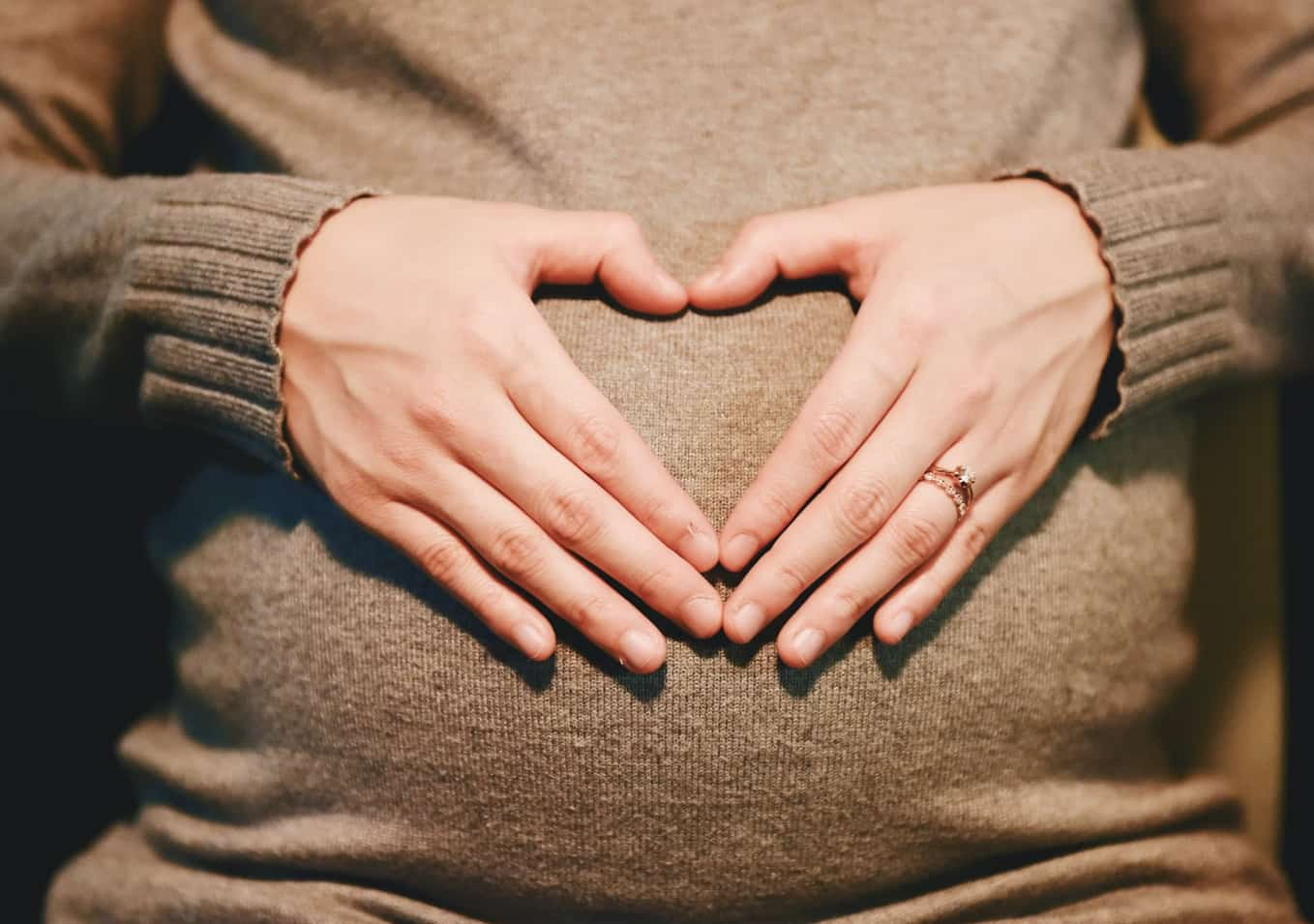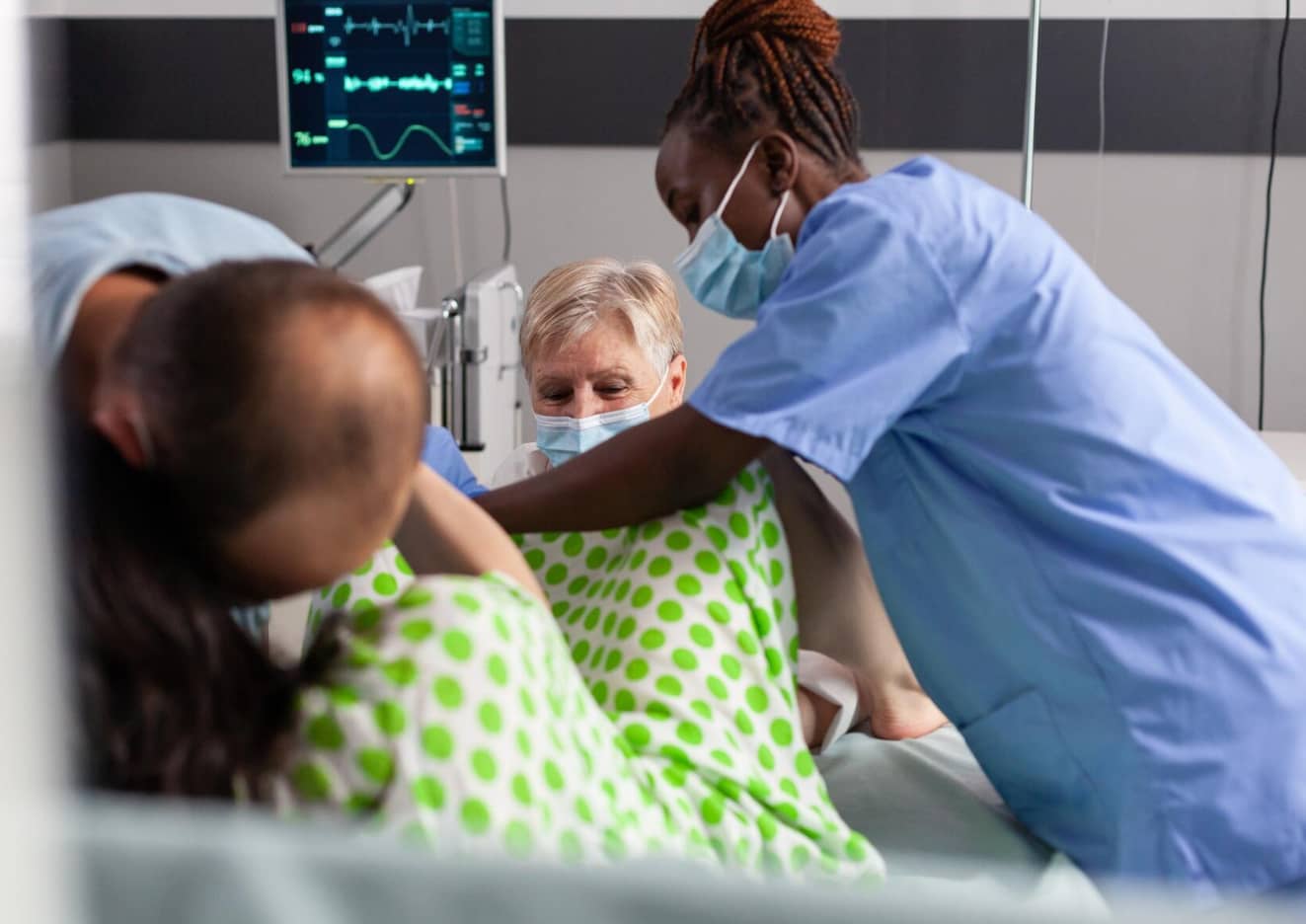Let’s talk about something that many women wonder about – can you get pregnant right after your period ends?
The short answer is yes, it’s possible, although the chances are lower than at other times in your cycle.
But there’s more to it than that.
How Many Days After Your Period Can You Get Pregnant?

In this article, we’ll dive into the details of how your menstrual cycle and fertility work together, when you’re most likely to conceive, and how to figure out if you might be pregnant.
Is it safe to have sex during periods?
First off, let’s address a related question – is it okay to have sex during your period? Some women prefer not to because it can be messy, but there’s no medical reason to avoid sex during menstruation.
However, it’s extra important to practice safe sex and use condoms or other barrier methods to prevent sexually transmitted infections (STIs).
Your cervix is more open during your period, which can make it easier for bacteria and viruses to enter your uterus.
There are even some potential benefits to period sex:
- Orgasms can help relieve menstrual cramps by causing the uterine muscles to contract and then relax.
- Menstrual blood can act as a natural lubricant, making sex more comfortable.
- The release of endorphins during sex can help with headaches and other pain.
Just make sure to put a towel down and wash up afterward! And of course, if you’re not using another form of birth control, there’s still a chance of pregnancy even if you have sex during your period.
What are the early signs and symptoms of pregnancy?
Okay, back to our main topic. If you had unprotected sex recently and think you might be pregnant, here are some of the early signs to watch out for:
- Light bleeding or spotting about a week after conception, is known as implantation bleeding.
- Breast tenderness, swelling, or darkening of the nipples.
- Frequent urination as your body produces more blood and your kidneys work harder.
- Fatigue and tiredness due to surging hormones, especially progesterone.
- Food cravings or aversions and a heightened sense of smell.
- Nausea or vomiting, aka morning sickness (which can happen any time of day).
- A missed period is the most obvious sign for women with regular cycles.
Of course, many of these symptoms can have other causes too, so the only way to know for sure is to take a pregnancy test.
How soon can I take a pregnancy test?
Most home pregnancy tests work by detecting the hormone human chorionic gonadotropin (hCG) in your urine. This hormone is only produced once an embryo implants in your uterus.
According to the Mayo Clinic, you should wait until the first day of your missed period to take a test for the most accurate results. If you have an irregular cycle, wait at least 10 days after you think conception may have occurred.
Some early detection tests claim they can give results a few days before your missed period, but there’s a higher chance of getting a false negative that early. It takes time for enough hCG to build up in your system to be detectable.
How do pregnancy tests work?
- You either hold the test stick in your urine stream for a few seconds or dip it into a cup of collected urine.
- Specially treated strips in the test stick react with hCG and display colored lines.
- Most tests have two windows: a control window to make sure it’s working properly, and a result window.
- A positive result will show two lines, an equal sign, or a plus sign, depending on the brand.
- A negative result is usually just a single line in the control window.
Be sure to read the instructions carefully, as each test is a little different. It will tell you how long to wait before reading the results (usually 1-5 minutes).
Leaving the test sitting too long can lead to a false positive as the urine evaporates.
How accurate are home pregnancy tests?
When used correctly, home pregnancy tests are very accurate – most brands claim 97-99% accuracy. That’s comparable to the urine tests done in a doctor’s office. However, there are a few factors that can throw off your results:
- Taking the test too early: hCG levels may not yet be high enough.
- Using diluted urine from drinking a lot of liquid before testing.
- Not following the directions precisely.
- Using an expired test or one that’s been exposed to excessive heat/cold.
- Certain medications that affect hCG levels.
- A very early miscarriage (chemical pregnancy).
If you get a negative result but still feel like you might be pregnant, wait a few days and test again.
You can also visit your healthcare provider for a blood test, which can detect pregnancy even earlier than a urine test.
Conclusion:
To sum it up, while the chances of conceiving right after your period are lower, it’s still possible if you ovulate early or have a shorter cycle.
Most women will have the best luck conceiving in the few days before ovulation, which is typically about 14 days before your next expected period.
If you think you might be pregnant, wait until the first day of your missed period for the most accurate home test results.
And don’t forget, no matter what time of the month it is, it’s always wise to use protection unless you’re actively trying to get pregnant.
Listen to your body, track your cycles, and consult with your doctor if you have any concerns. Wishing you all the best on your fertility journey!
Typical menstrual cycle and fertility at each stage
| Stage | Cycle Days | Fertility Level |
|---|---|---|
| Menstruation | 1-7 | Lowest |
| Post-period | 8-9 | Low but possible |
| Ovulation | 10-14 | Highest |
| Post-ovulation | 15-16 | Low but possible |
| Luteal phase | 17-28 | Unlikely |
Source:
- https://www.medicalnewstoday.com/articles/322951
- https://www.nhs.uk/common-health-questions/pregnancy/can-i-get-pregnant-just-after-my-period-has-finished/
Also Learn:



